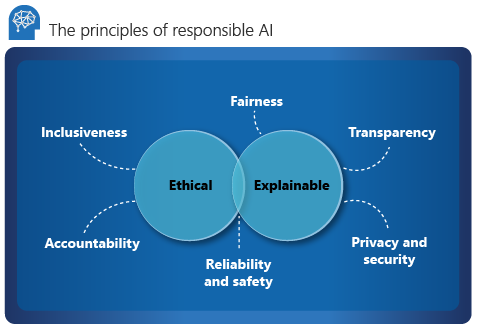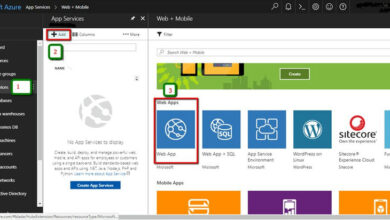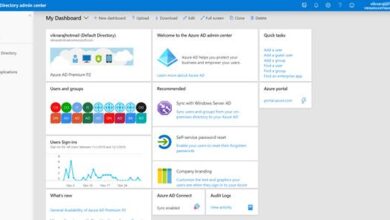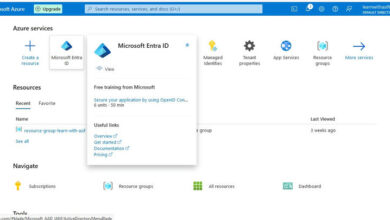Principles and Practices for Ethical AI Development in Azure
Introduction
Artificial intelligence (AI) has rapidly evolved and transformed the way we interact with technology and data. While AI offers incredible opportunities for innovation, it also brings forth important ethical considerations. The significance of ethical AI development cannot be overstated as AI systems become more integrated into our daily lives and business activities. In this article, we will explore the principles and procedures of ethical AI development and how Azure AI, Microsoft’s AI platform, promotes ethical practices.
Why Ethical AI Development Matters?
Before delving into Azure AI’s involvement in ethical AI development, let’s understand why it is crucial.
- Mitigation of Bias: AI models can unintentionally adopt biases from their training data. Ethical development ensures that these biases are identified and addressed to prevent discrimination.
- Transparency: Ethical AI development promotes transparency in the decision-making process of AI models, enabling users to understand how and why specific outcomes are reached.
- Privacy Protection: Respecting user data privacy is of utmost importance from an ethical standpoint. Ethical AI development prioritizes data protection and consent.
- Accountability: Ethical AI emphasizes responsible use, holding companies and developers accountable for the impact of AI systems on society.
Azure AI’s Commitment to Ethical AI
Azure AI is fully committed to establishing trust and accountability throughout the AI lifecycle and promoting ethical AI development.
How does Azure AI promote the creation of ethical AI?
- Fairness Assessment: Azure AI provides frameworks and tools to assess the fairness of AI models, helping developers identify and mitigate biases in their creations.
- Explainability: Ethical AI requires interpretability. Azure AI offers methods for model explainability, enabling users to understand the decision-making process of AI systems.
- AI that Protects User Privacy: Azure AI equips developers with tools to design AI systems that safeguard user privacy, ensuring compliant handling of user data in accordance with regulations like the GDPR.
Microsoft’s responsible AI guidelines assist developers in creating AI systems that adhere to ethical standards. These guidelines include comprehensive model documentation and continuous monitoring.
Guidelines for creating AI in Azure
Here are some guidelines for creating ethical AI in Azure:
- Diverse Data: Use diverse and representative datasets to minimize bias in AI models.
- Testing and Validation: Utilize Azure tools for thorough testing and evaluation of AI models to ensure fairness and mitigate bias.
- User Feedback: Encourage user input on AI system actions to drive improvements.
- Continuous Monitoring: Employ monitoring techniques to identify and address ethical concerns in AI models.
- Compliance: Ensure compliance with relevant data protection laws and guidelines.
Above are some essential guidelines for AI development.
Conclusion
In today’s AI-driven world, ethical AI development is not just an option; it is a requirement. With Azure AI’s commitment to ethical standards, extensive tools, and best practices, developers can create AI systems that are ethical, transparent, and respectful of user privacy. Together, we can develop ethically compliant AI systems that contribute to society, embracing ethical AI principles and leveraging the capabilities of Azure AI. We invite you to visit Skrots to learn more about our company and explore the wide range of services we offer at Skrots Services. Also, feel free to check out our blog at Blog at Skrots for more insightful articles. Thank you for reading.




